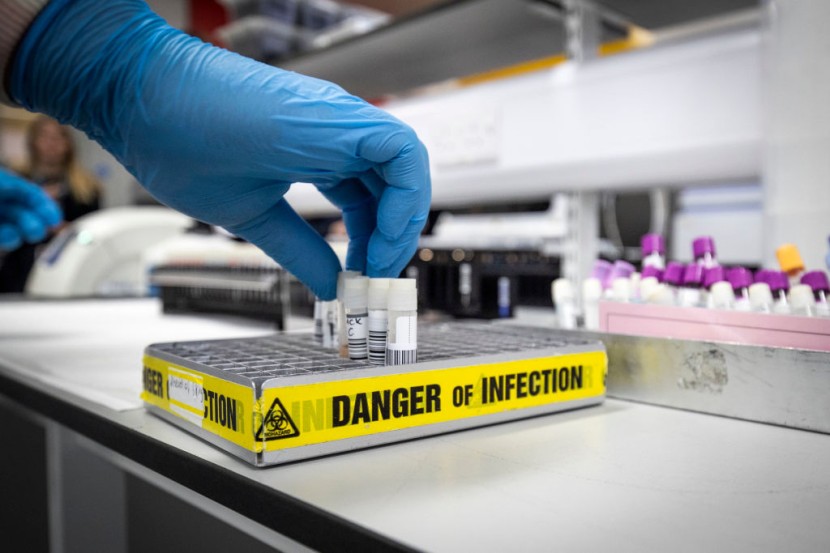The World Health Organization (WHO) has elevated the classification of the new COVID-19 variant, JN.1, to a standalone "variant of interest."
This decision comes as health officials observe the rapid global spread of the strain, which is now estimated to cause approximately 20% of new COVID-19 infections in the United States, making it the fastest-growing variant, as per CBS News.
Dominant COVID-19 Variant Spreads Globally From Northeast US

According to the Centers for Disease Control and Prevention (CDC) in the United States, a new variant known as JN.1 has emerged as the dominant strain in the Northeast region. This variant is a descendant of the BA.2.86 (Pirola) subvariant. The CDC reports that JN.1 is responsible for approximately one-third of the new infections occurring in this area.
Concerns regarding the ability of the BA.2.86 variant to evade vaccine protection have been proven unfounded. Instead, a new variant known as JN.1 has emerged, demonstrating a remarkable level of adaptability and increased transmission speed.
The mutation in JN.1's spike protein, a key factor in its increased transmissibility, has caught the attention of researchers. Studies conducted by Columbia University and Chinese researchers suggest a twofold decrease in the ability of antibodies to neutralize this subvariant, posing potential challenges to immunity.
Dr. Shishi Luo of Helix notes a sharp rise in JN.1 cases, coinciding with the Thanksgiving break, indicating possible acceleration due to holiday travel and waning immunity. Variant trackers anticipate JN.1 becoming the predominant coronavirus variant globally in the coming weeks.
Several European countries, including Denmark, Spain, Belgium, France, and the Netherlands, report exponential growth in JN.1 cases, leading to a surge in hospitalizations. Similar trends are observed in Australia, Asia, and Canada, according to CNN News.
Read Also : More Chinese Weather Balloons Appear Across Taiwan Strait as Taiwanese Presidential Election Nears
CDC Warns of 51% Surge in COVID-19 Hospitalizations
The CDC issues a warning about the recent 51% increase in hospitalizations for COVID-19 in the past four weeks. With flu and RSV hospitalization rates also on the rise, there are concerns about potential strain on hospital capacity.
Waning immunity contributes to the rise of JN.1 in the United States, where only about 18% of adults have received the latest COVID-19 vaccine as of December 9. The CDC urges doctors to intensify vaccination efforts, emphasizing the importance of the latest vaccine to combat various variants, including JN.1.
Encouragingly, a study from Dr. David Ho's lab at Columbia University indicates that the current COVID-19 vaccine offers robust protection against BA.2.86 and its offshoots, including JN.1. WHO supports the use of upgraded COVID-19 vaccines against emerging variants.
Despite the potential for JN.1 to trigger another wave of infections, there is no evidence suggesting more severe illness or significantly different symptoms compared to other variants. Common symptoms include cough, sore throat, headache, muscle aches, fever, change in or loss of taste or smell, congestion, runny nose, fatigue, "brain fog," and gastrointestinal symptoms.
The CDC emphasizes that the severity of symptoms depends on individual immunity and health history rather than the specific variant. Continued vigilance, widespread vaccination, and adherence to public health measures remain crucial in managing the evolving landscape of COVID-19 variants, USA Today reported.
© 2026 HNGN, All rights reserved. Do not reproduce without permission.








